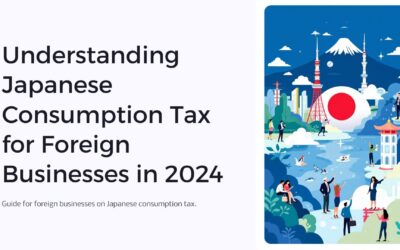Greetings to all our readers! Today, we’re exploring the intriguing concept of the “Bachelor Tax,” a tax system that places a higher burden on single individuals. While some might chuckle at the notion, it’s a topic with profound implications. So, without further ado, let’s dive in.
—
- Understanding the Bachelor Tax
- Direct and Indirect Implications of the Bachelor Tax
- Taxable Capacity: Is the Bachelor Tax Justifiable?
- The Birth Rate Dilemma and the Bachelor Tax
- Bachelorhood: A Fundamental Right
- Addressing the Declining Birth Rate: A Global Challenge
- Is the Bachelor Tax a Viable Solution?
- Conclusion
Understanding the Bachelor Tax
Historically, countries like Bulgaria taxed single individuals, explicitly targeting those over 25. These individuals were required to part with 5 to 10% of their income, making it challenging for many to save and subsequently afford marriage.
—
Direct and Indirect Implications of the Bachelor Tax
While the direct implications are evident, there are indirect ways in which single individuals feel the pinch. For instance, some companies offer housing subsidies exclusively for families or additional wages for employees with children. This can create a perception of bias, even outside taxation.
Consider child allowances, which can range from 10,000 to 15,000 yen monthly. This is essentially an indirect bachelor tax, as those without offspring don’t benefit from this allowance. Similarly, housing allowances provided by some companies in Japan, often irrespective of job performance, tend to favor families over single individuals, further emphasizing the indirect bachelor tax.
—
Taxable Capacity: Is the Bachelor Tax Justifiable?
Taxation is fundamentally linked to one’s ability to pay. While luxury items like tobacco or alcohol can be taxed under the premise that those who afford them can bear luxury taxes, can the same be said for being single? Is there concrete evidence suggesting that singlehood equates to financial abundance?
While some might argue in favor, many would demand concrete economic proof. The push for bachelor taxes might stem from governmental challenges in reducing expenses, leading to the exploration of new revenue streams.
—
The Birth Rate Dilemma and the Bachelor Tax
The decreasing birth rate is a pressing concern, necessitating unconventional tax discussions. Proposals to address this issue often involve taxing the child-rearing generation more, a seemingly counterintuitive approach.
With rising medical expenses and other challenges, finding a sustainable solution becomes even more complex.
—
Bachelorhood: A Fundamental Right
Choosing to remain single is a personal decision and should be respected as such. Our constitution upholds freedom, encompassing the choice to marry or stay single. Hence, singlehood should be recognized and respected as a fundamental right.
While governments can employ taxation to influence societal trends, it’s crucial to remember that such decisions directly impact individual lives.
—
Addressing the Declining Birth Rate: A Global Challenge
While noble, efforts to address the declining birth rate often lack tangible results. For instance, despite Finland’s reputation for successful policies, its birth rate in 2020 was a mere 1.37, slightly higher than Japan’s 1.3 in 2021.
The effectiveness of strategies to combat this trend remains uncertain. While the lack of progress doesn’t justify abandoning these efforts, there’s an undeniable disillusionment.
—
Is the Bachelor Tax a Viable Solution?
From a legal standpoint, the introduction of a Bachelor Tax seems improbable. Achieving a consensus on such a controversial concept is challenging. While it might be possible to enforce such a tax, concerns about its longevity and effectiveness persist.
—
Conclusion
Thank you for joining us on this exploration of the Bachelor Tax. We hope this discussion has provided valuable insights and sparked further reflection. If you have any thoughts or questions, please share them in the comments below. Don’t forget to like and subscribe for more thought-provoking content. Until next time, stay informed and engaged!




